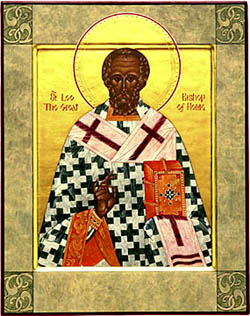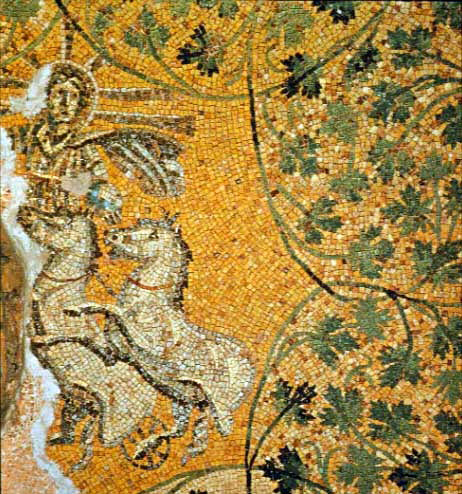Lenten Saturday1 (28 Feb 2009)
Is 58. 9b-14; Ps 86; Lk 5. 27-32
Homily of Fr. Paul Panaretos, S.J.
Community of Disciples
Is 58. 9b-14; Ps 86; Lk 5. 27-32
Homily of Fr. Paul Panaretos, S.J.
Community of Disciples
Lent is not for loners, I remarked on Ash Wednesday at Gesu. In the 21st as well as the 20th centuries, the church has continued to shed an individual emphasis rather than a communal one during Lent. One reason for this is the fact that Lent evolved backwards. The idea of Lent was foreign in the Western church from its beginnings.
Each Sunday was the day for liturgy, celebrating Jesus’ death and resurrection. No annual celebration yet existed. When an annual celebration began, it was preceded by only a week, which corresponded to Holy Week as we know it. A Great Week preceded the Great Sunday. During the Great Week people recalled the events of Jesus’ entering Jerusalem for the final time and his last days. Over time the preparation got longer, and in medieval times people dramatized the memorial.
Together with the loss of preparing adults and children old enough to understand for baptism, the dramatization caused Lent to become a private rather than communal affair. Dramatizations of Lent gave the impression Jesus had never risen from the dead!
Helping people to prepare for baptism and for full communion with the church helps us recall our baptisms. This principle focus of Lent returns us to the communal dimension of the paschal mystery: Jesus’ dying and rising make possible for us to do in memory of him what he said: Take all of you and eat, take all of you and drink.
Jesus has personal relationships with all of us not private ones. The effects of Jesus personal relationship with anyone are far ranging and affect other people. Devotion to Jesus puts us into the fray of life, into the lives of one another and particularly those in need. When we said with the Psalmist, I am devoted to [our]...God, we qualified our devotion--each is God’s servant. Our desire during Lent is to learn more deeply Jesus’ way...that we may walk in his truth.
Lent allows us to feel more in need of Jesus’ love and our need for his healing. A gift of entering Lent wholeheartedly is spiritual health. It refashions us as more credible servants, who keep Jesus present not as holy loners but as a community of disciples Jesus chooses to draw others to him and to his church.
______________________________________________
Wiki-image .





 Legislative Update -
Legislative Update -








